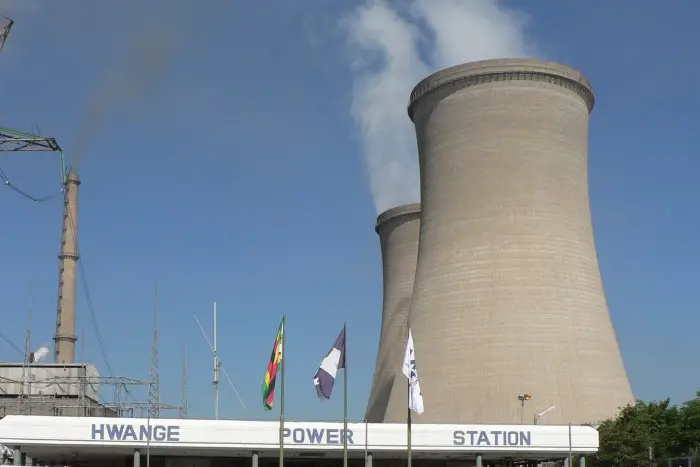In a bid to curb the power shortage in Zimbabwe, the Zimbabwe Power Company (ZPC) has announced plans to construct new power plants that will be able to generate 3 500 MW; the power generation projects will cost the country US$5bn.
According to Zimbabwe’s National power company, currently the country is facing power shortages and most of the local industries occasionally are forced to use diesel generators, which are more expensive to acquire and operate. These diesel generators normally brings high loses for the companies.
“We are looking at around $5-billion for the various projects and you are looking at more than 3 500 MW (of electricity),” Noah Gwariro, the MD of State-owned Zimbabwe Power Company (ZPC) said on Thursday night.
The power project is approximated to take a period of 6 years according to the MD, and the power plants will be built in different locations to ensure they serve all regions. Shortage of electricity in the country has been said to keep off potential investors in Zimbabwe. Construction of these power plants is thus expected to ease the situation.
Though the National power company did not give any details on the source of the money, it is likely the government will finance the power project together with other investors/financiers. The country is already in collaboration with Zambia to invest US$2.5bn to see through construction of a joint power plant to add more power to the grid. It is also in plans to expand Hwange power plant in the Western region.
Currently, the country faces financial crisis and cannot lend from any lenders, with World Bank saying it will not lend until other outstanding debts have been cleared.
The country do not have enough power for the entire country, and is managing 1 190 MW of electricity compared with peak demand of 2 200 MW in regular basis. The country is also planning to launch two solar and gas power projects to add 420MW; Gwariro has said they are evaluating bids in relation to these power projects and the results will be announced by end of May and June respectively.

Leave a Reply